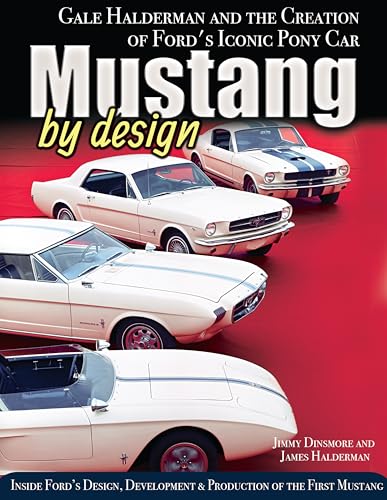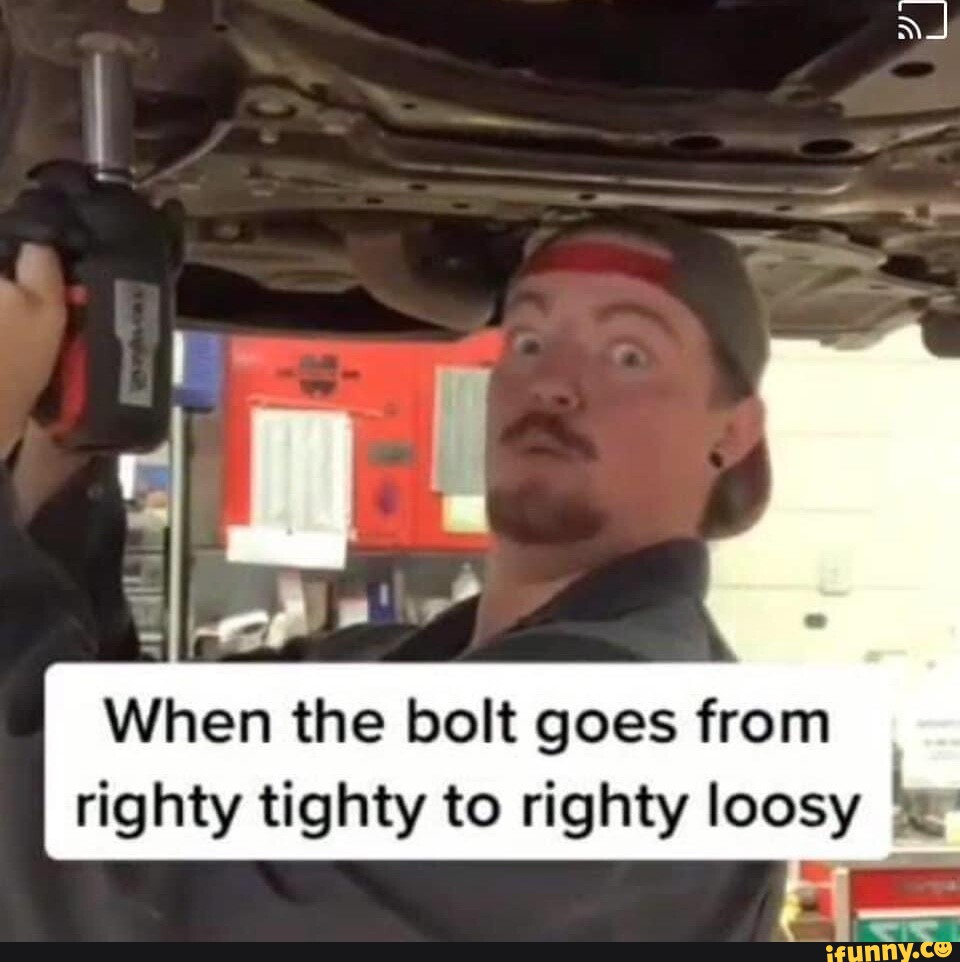I'm about ready to start putting all the parts back onto the outside of my complete long block 351C. Is there a good reference for the bolts involved? Intake manifold, headers, timing cover, water pump, valve covers, oil pump, oil pan, fuel pump, alternator, PS pump, AC bracket, cooling fan, water neck, harmonic damper, flywheel, block to bellhousing, block to engine mounts, distributor hold down clamp, etc. I could obviously wing it for most of them. But since this is the information age and all, it seems like there should be some place where all this information would be listed. I also need to know what, if anything, goes on each bolt. Like lubricant, sealant, and thread locker.
What I have found floating around dont seem to be in 100% agreement, and they are lacking some of the bolts.

From my old haynes repair manual that covers a wide range of early mustangs with different engines.


From a forum about 351M/400 engines.

What I have found floating around dont seem to be in 100% agreement, and they are lacking some of the bolts.

From my old haynes repair manual that covers a wide range of early mustangs with different engines.


From a forum about 351M/400 engines.



















































